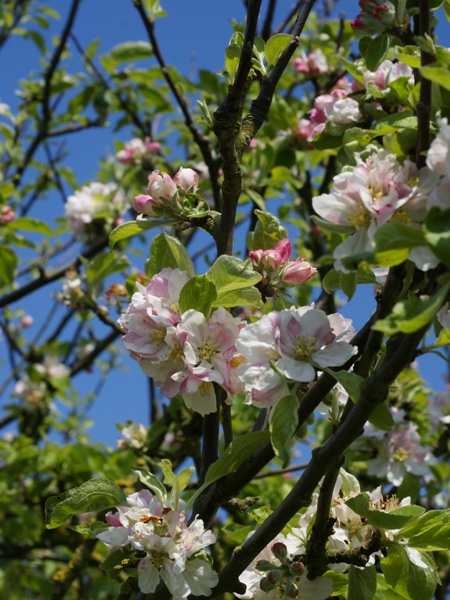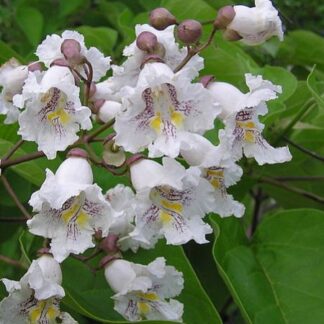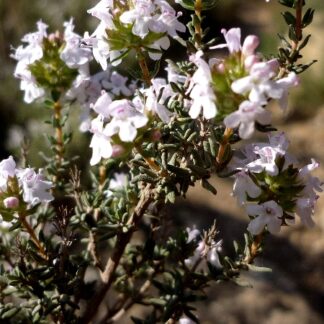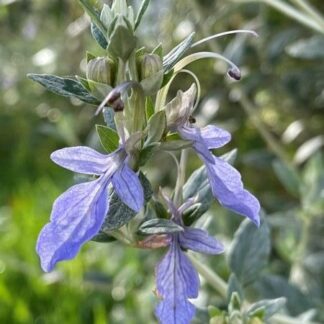Description
Rosaceae (family name)
Forage for Pollinators: Produces an abundance of Nectar and has been held in high esteem by beekeepers, above other fruit trees, for producing an early nectar flow for the brood-rearing Honeybees, thus helping ensure there are more bees in the colony.
Flowering time: May.
Growing information: NATIVE DECIDUOUS TREE growing to 10m (32ft 10in).
Hardy in all parts of the British Isles. There are also countless heritage varieties of domestic culinary apples (Malus pumila) which flower at different times, all of which provide the same excellent nectar-flow. However, it should be remembered that it is only this wild species of Crab Apple which comes true from seed. Our trees ‘Bee Happy’ are grown from second and third generation species trees from seed, from a few trees which originally had unusually large fruit and high eating quality, alongside a resistance to browning once the flesh is cut up – so ideal for fruit salads. The fruit of all Malus sylvestris can be eaten raw or cooked for jellies or preserves. The flavour improves if the fruit is not harvested until it has been frosted. The fruit is rich in pectin and can be used in helping other fruits to set when making jam etc. Pectin is also said to protect the body against radiation. The leaves contain an antibacterial substance called ‘florin’ which inhibits the growth of a number of gram-positive and gram-negative bacteria. This medium sized tree can be kept smaller by some careful pruning when young.



